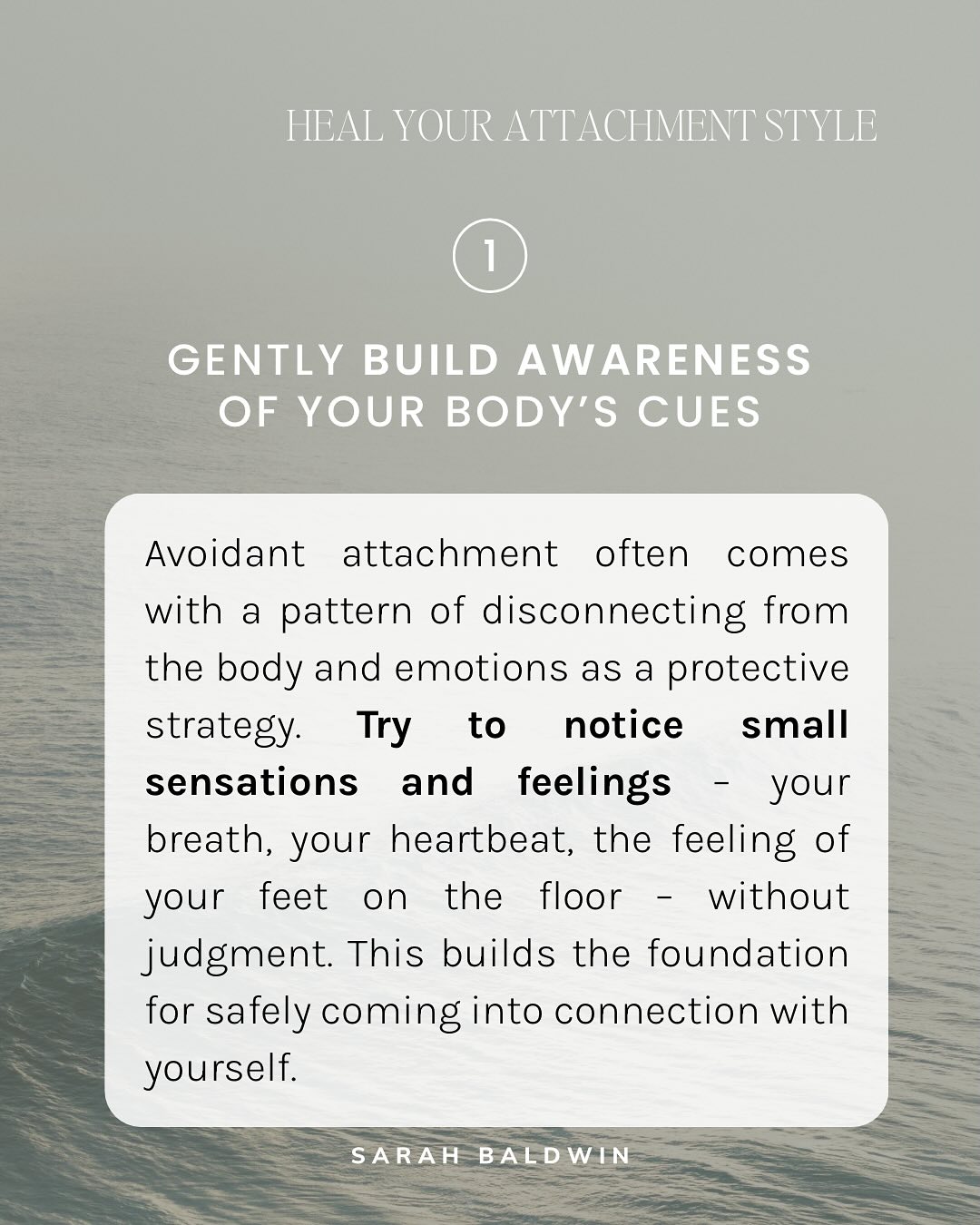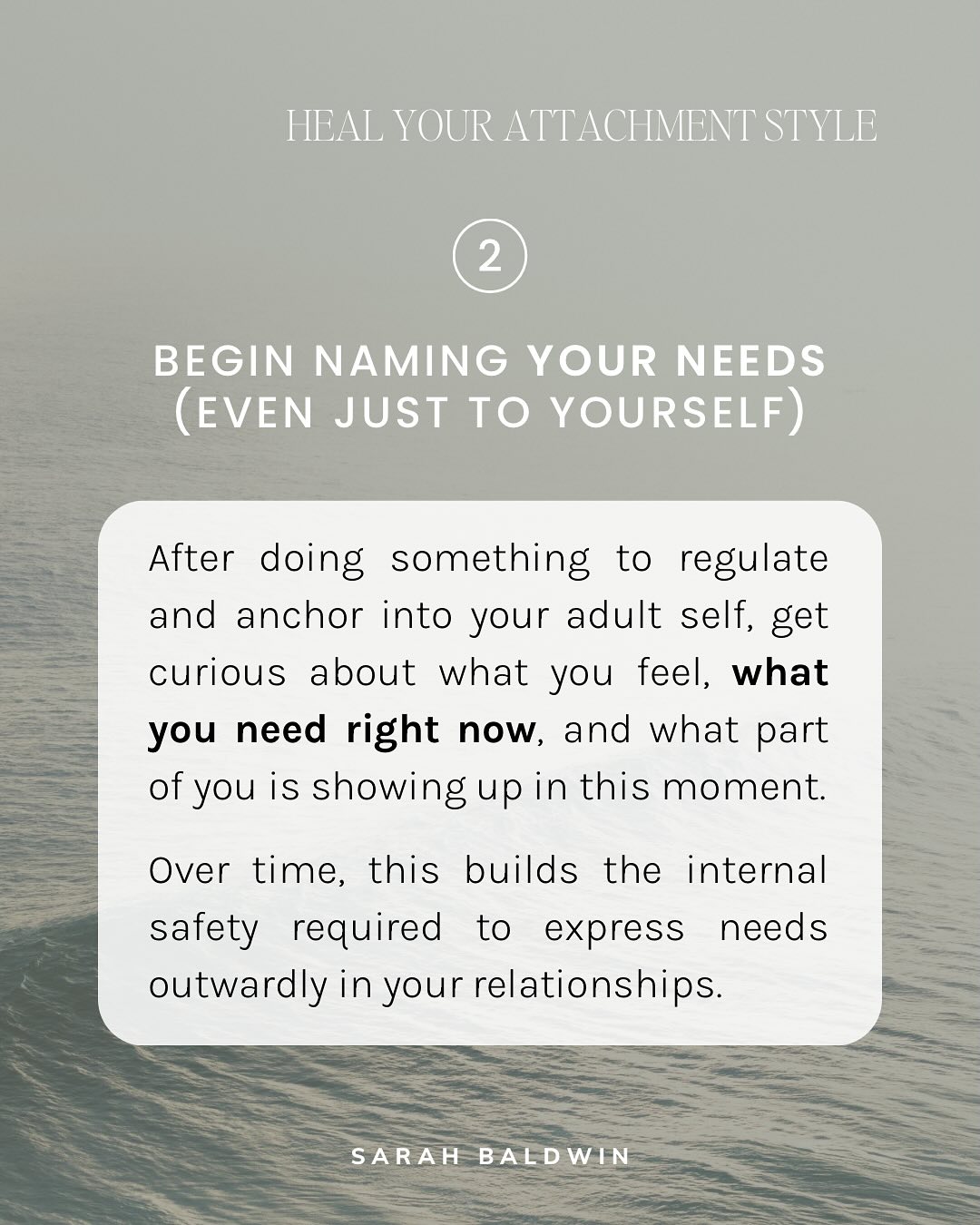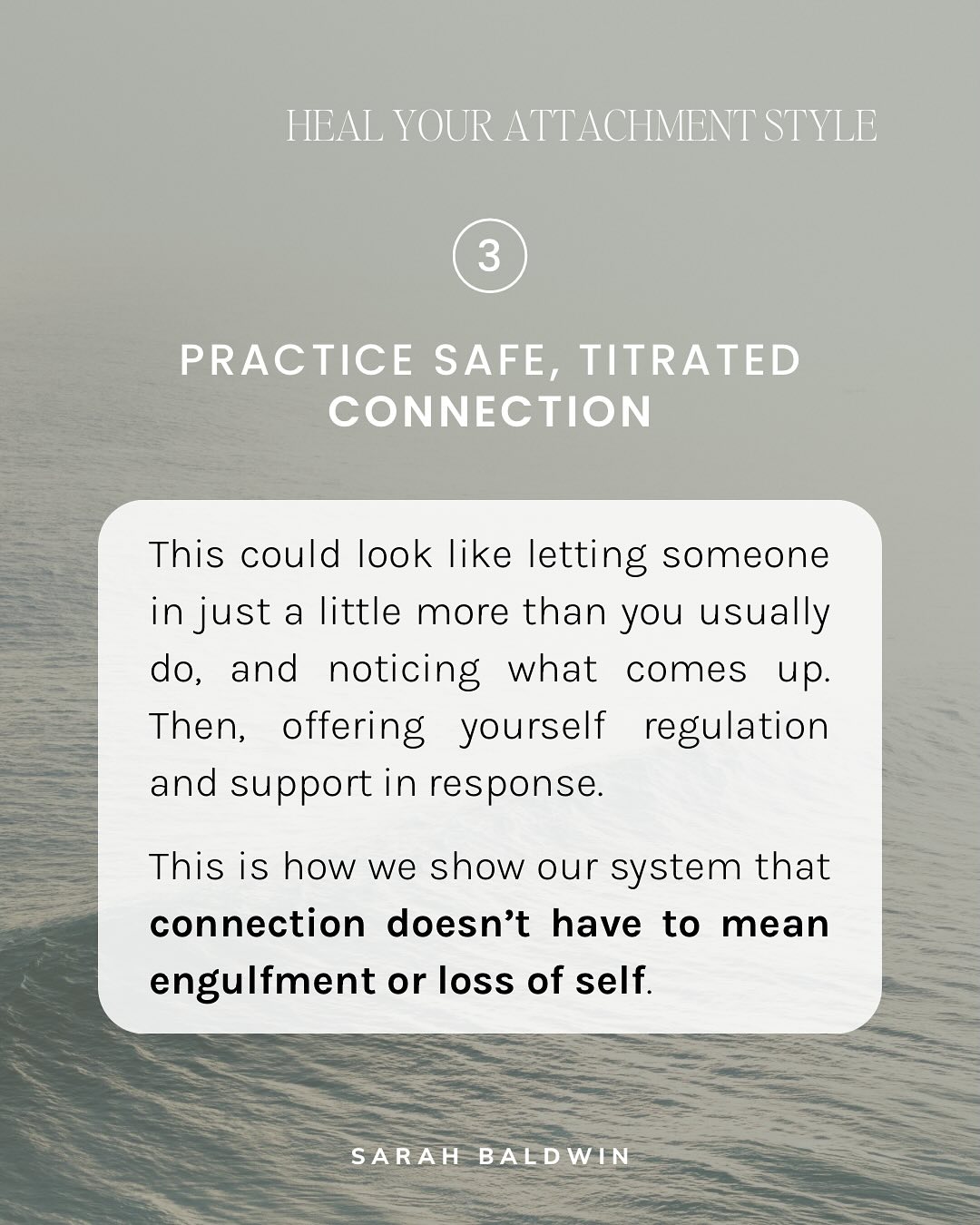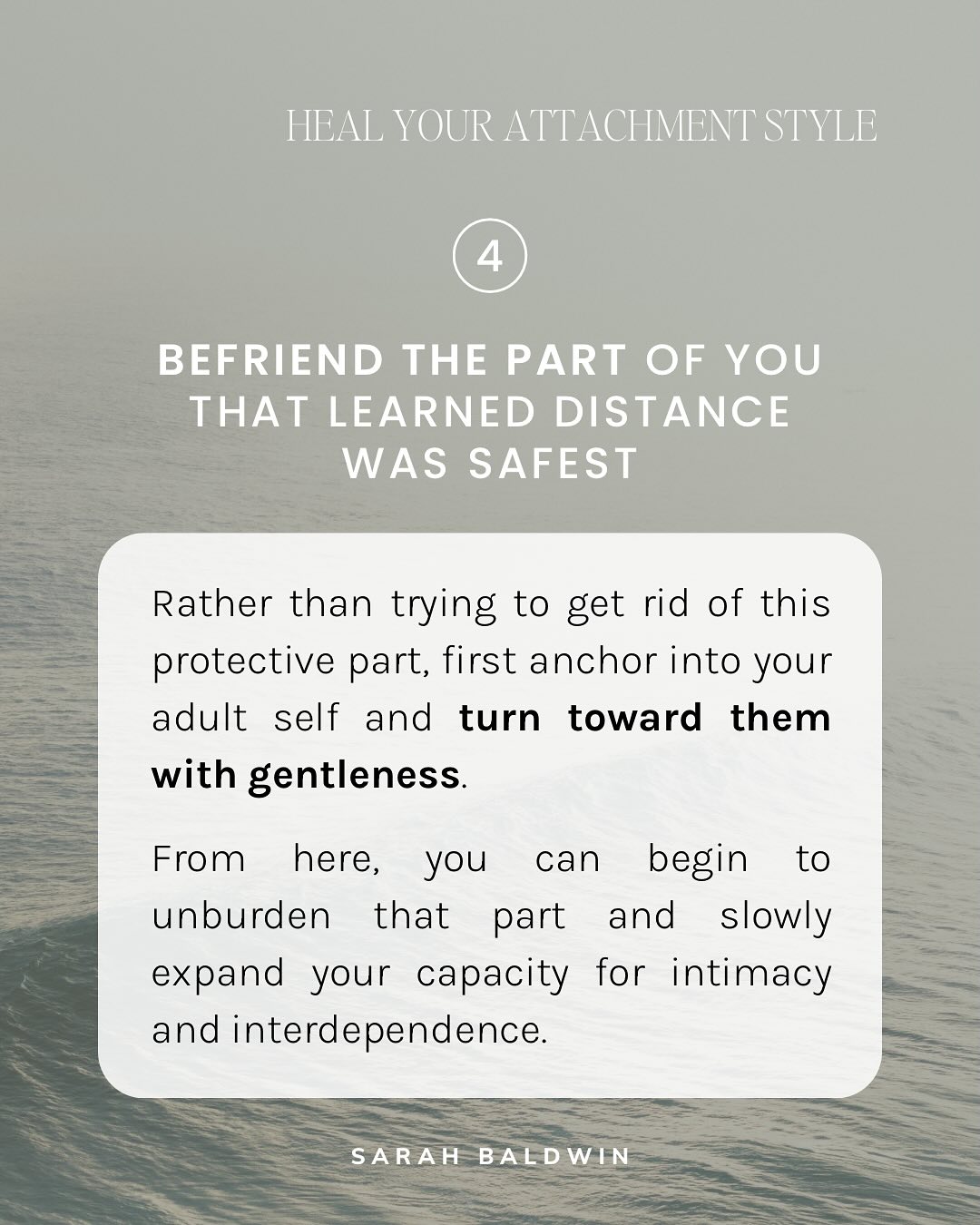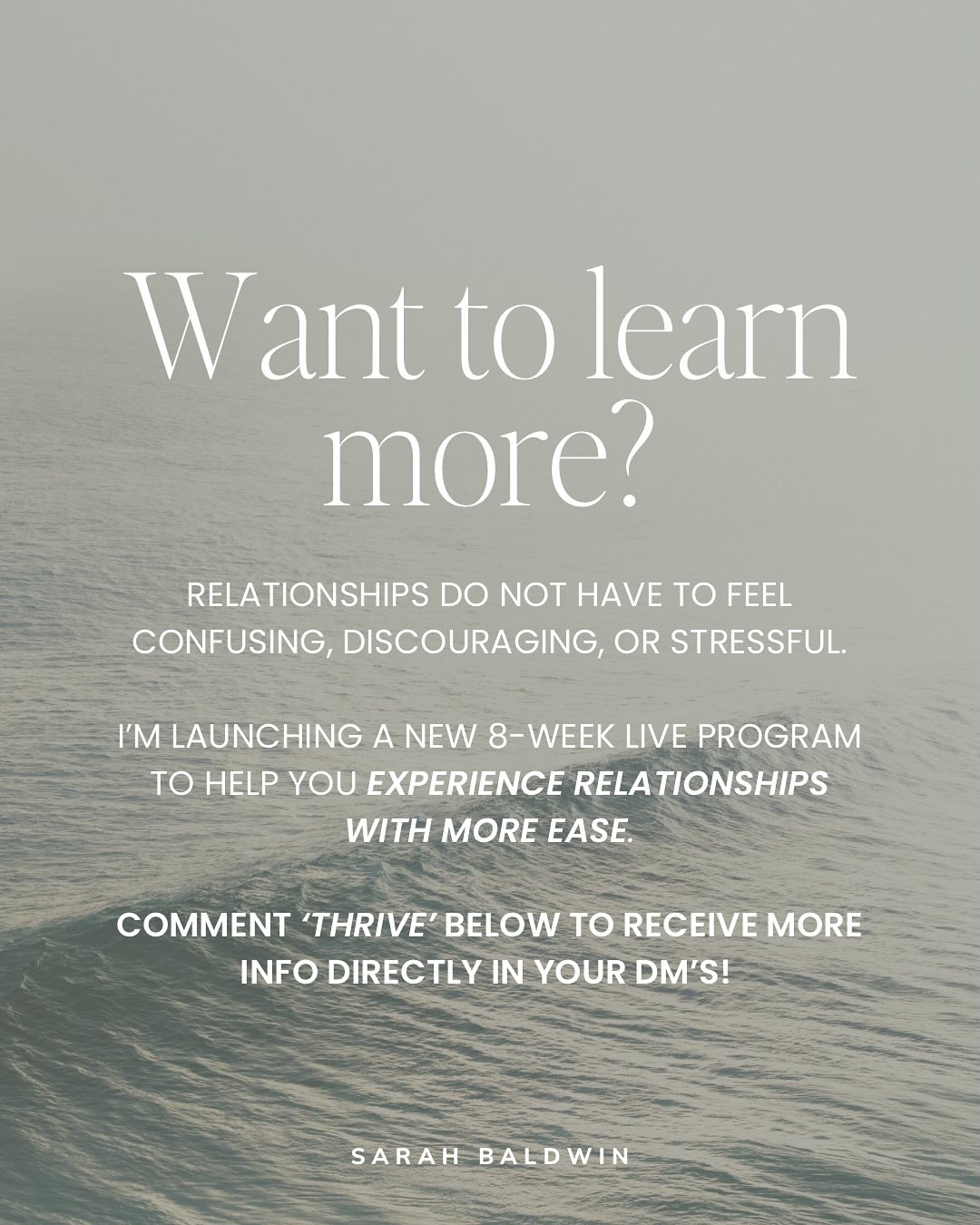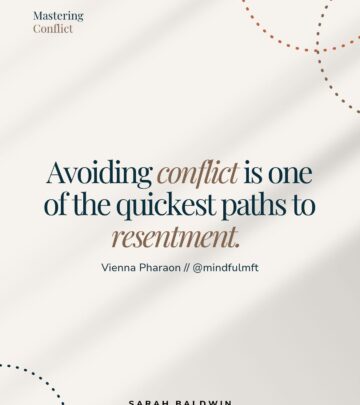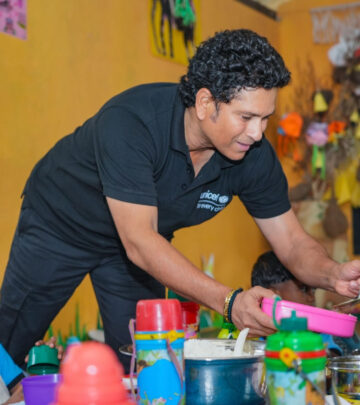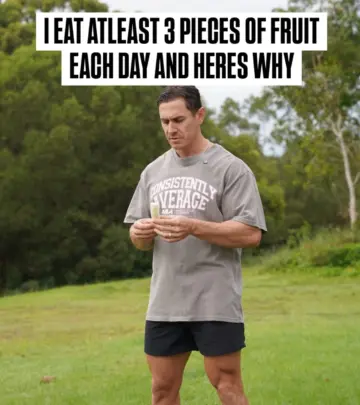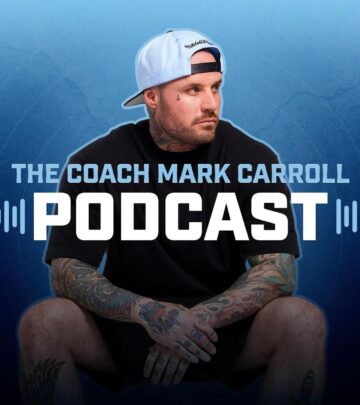Healing Avoidant Attachment: Tools For Safe Connection
Insightful coaching and 4 practical tools encourage self-healing & secure bonds for you now
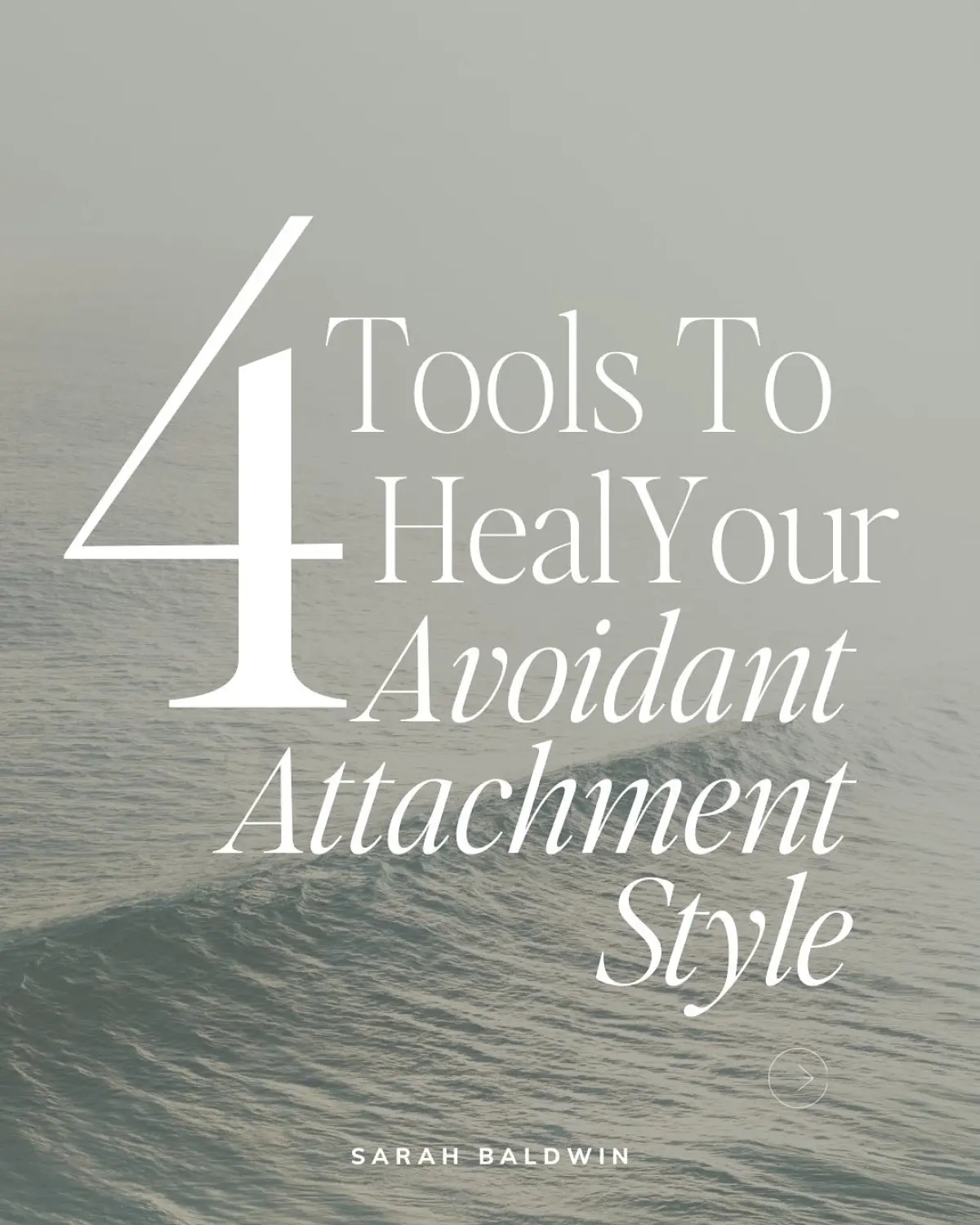
Image: Instagram
In today’s fast-paced world, many of us are learning that the roots of our emotional challenges trace back to early childhood experiences. In a recent post, coach Sarah Baldwin explained that avoidant attachment isn’t about rejecting connection—it is a brilliant nervous system response to environments where closeness felt unsafe or unreliable. For those who learned to rely on hyper-independence and low maintenance behaviors as a way of survival, the path to healing can seem elusive, yet it is absolutely within reach.
Sarah Baldwin, known for her compassionate approach to mental and relational health, reminds us that while we may have developed self-protective strategies early on, healing and secure connection are possible. She explains that if caregivers were dangerous, harmful, or simply absent in our formative years, our nervous systems adapted by disconnecting from emotional intimacy. The result? We might minimize our needs or become uncomfortable with too much emotional closeness—even though deep down, the desire for connection remains.
Understanding The Roots Of Avoidance
The essence of avoidant attachment lies not in a lack of longing for connection, but in the feeling that closeness could be unsafe. When caregivers were inconsistent or harmful, our minds learned to protect us by turning inward. Sarah’s recent post resonates with many who have experienced these early wounds, offering a clear insight: we are not broken. Instead, our bodies have simply adapted to survive. This perspective shifts the narrative from self-blame to understanding and, ultimately, healing.
To illustrate her point, Sarah draws on her extensive experience in guiding others toward emotional clarity. She notes, “You became hyper-independent and self-reliant not because you didn’t need connection, but because your system learned that emotional closeness wasn’t safe.” This acknowledgment is vital, as it helps individuals reframe their self-perception from one of deficiency to one of innate strength and adaptability.
In her discussion, Sarah also touches on a series of practical tools designed to help individuals gently move toward secure attachment. In sharing these methods, she encourages her audience to explore ways to show their nervous system that connection can be safe without requiring the sacrifice of autonomy. For many, simply realizing that such transformation is possible serves as an essential first step in the journey toward lasting intimacy.
Healing Tools For Secure Connection
Among the tangible strategies discussed, Sarah outlines four key tools to support those on a healing journey. While she does not detail every step in her brief post, the emphasis is on gradually learning to trust that connection does not lead to harm. For example, one technique involves somatic work—using bodily sensations and embodied practices to signal safety to the nervous system. This approach, common in many of her sessions, helps individuals rewire their automatic responses by connecting present bodily sensations with feelings of security.
Additionally, Sarah’s coaching sessions, such as the Mastering Conflict event, provide a hands-on opportunity to practice these tools. The live experience, co-led with her colleague and expert mindful marriage and family therapist, invites participants to move from rupture to repair in their relationships. Participants can comment REPAIR on her posts to receive access to event replays and join interactive discussions that reinforce these healing methods.
Her commitment to guiding others is evident not only in her written communication but also in her active engagement through social media. In related Instagram updates, she has emphasized that avoiding conflict – while initially a self-protection mechanism – can ultimately foster resentment. By stepping into the discomfort of vulnerability and conflict, individuals learn that true connection requires embracing all aspects of one’s emotional experience.
One of the recurring themes in her messages is that healing is not a race. Rather, it involves taking safe, tolerable steps that build trust in oneself. Sarah reminds her audience that the pace at which one heals is determined by the most apprehensive part of one’s system. This message of patience is particularly powerful for those who struggle with rapid change, offering a realistic pathway to long-lasting emotional security.
Over the past years, Sarah has become a trusted voice in the realm of emotional healing and conflict resolution. Her approach is characterized by a blend of practical advice, clear insights, and compassionate encouragement. She reinforces that if you’ve learned to cope with early trauma through avoidance and hyper-independence, you still have the opportunity to form meaningful bonds—without losing the sense of autonomy that keeps you grounded.
By embracing these tools and participating in healing dialogues such as Mastering Conflict, many have begun to experience transformative change. The journey toward secure attachment may require revisiting painful memories, but with guided support, it ultimately leads to the freedom of being seen, known, and truly connected.
Sarah Baldwin’s message is clear: you are not broken, and with the right approach, healing is not only possible but within your grasp. Each step taken toward understanding and addressing avoidant attachment brings you closer to reclaiming authentic relationships and deep inner peace.
Read full bio of Manjari Uppal



